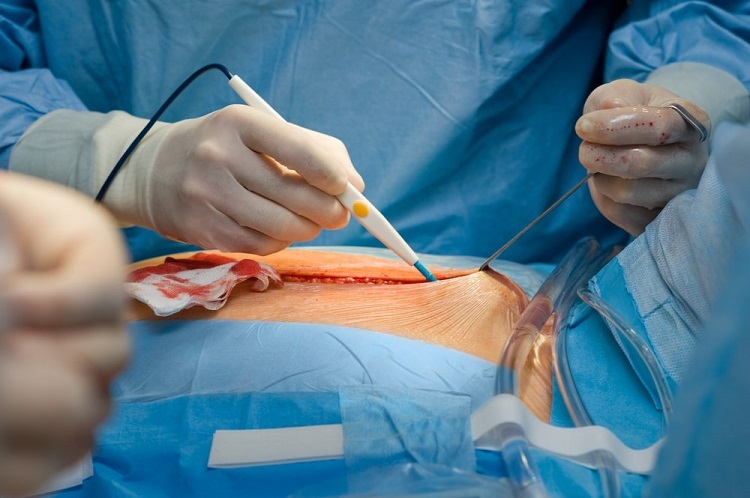Menopause- How is it Good for Your Body?

The seizing of the menstrual cycle due to a decrease in female hormones leads to the abolishment of ovulation, and therefore no menstruation occurs. This is known as menopause.
Menopause has several adverse effects like bone weakening, weight gain, slower metabolism, and more. However, menopause also has some benefits which have been mentioned in this post.
Some women enter the phase of menopause in the late 40s, and most of the women enter menopause in the early 50s. To check out for early symptoms of menopause, consider consulting a specialist in menopause in Lake Mary.
Table of Contents
Benefits of menopause.
A decrease in the number of sex hormones has a long list of adverse side effects, but menopause also offers some benefits, and these are as follows:
- No more menstrual bleeds: menopause marks the end of menstrual bleeding, and this means no more worry of leaks, no requirement to insert tampons or use pads, and most importantly, no more menstrual cramps. Some women do not exit their house on days when the bleeding is at its peak. However, after menopause, they can leave their home whenever they wish.
- No more premenstrual syndrome: a week before menstrual bleeding, women experience a wide range of physical and emotional disturbances. These include breast tenderness, headaches, craving for food, and irritability. However, after menopause, the rush of hormones stops, and these premenstrual symptoms disappear.
- Uterine fibroids shrink: high levels of estrogen can give rise to fibroids. These are benign tumor masses; fibroids can be painful, increase the amount of blood loss during menstruation, and put pressure on the bladder. If the symptoms are very severe, the doctor may recommend a hysterectomy (removing the uterus) or a partial hysterectomy. However, with estrogen levels decreasing in menopause, fibroids start to shrink on their own and do not require surgery.
- No more hormonal headaches: women may face menstrual migraine attacks. It is just like a classic migraine attack with pain on one side of the head along with nausea and vomiting. These attacks come when the female is either ovulating or when she is in the menstrual phase of her menstrual cycle. After a decrease in estrogen and progesterone levels after menopause, ovulation and menstruation come to an end. Therefore, the frequency of migraine attacks reduces.
- Sexual intercourse with the worry of getting pregnant: once a female enters menopause, there is no ovulation, so there is no chance of getting pregnant. However, this is not a great benefit of menopause as a decrease in hormones decreases the libido and desire to indulge in sexual intercourse.
Leave a reply
You must be logged in to post a comment.

















